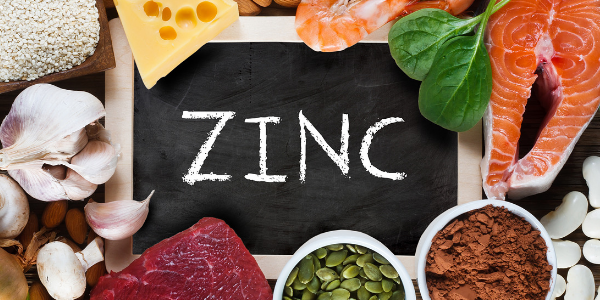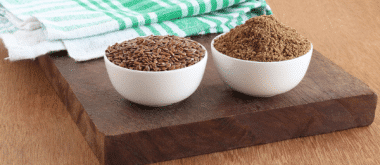Zinc is a crucial element necessary for both men’s specific sexual function and overall body function. It also has key male anti-aging benefits.
Zinc in the Diet
Second only to iron, zinc is the most abundant trace mineral element in the body. Men need about 11 milligrams a day. It’s most readily available in beef, pork, chicken, yogurt and oysters. Oysters average about eight milligrams of zinc each. A five-ounce serving of beef provides about 15 milligrams. Other foods high in this mineral include oatmeal, tofu, seeds, nuts and lentils, which may be important information for vegans. Zinc has many critical roles:
- It’s a powerful antioxidant
- It’s involved in DNA and protein production
- It’s needed for wound healing
- It promotes a strong immune system
- It’s necessary for testosterone production
Benefits for the Body
The mineral is also involved in the normal sensations of smell and taste. Its antioxidant power helps protect cells from oxidative stress damage. This kind of damage is linked to premature aging and diseases like diabetes and dementia. Even minor to moderate deficiency of this mineral can lead to lower levels of testosterone, which can result in a condition called low T. Low T is associated with the aging process and commonly affects men in their early forties and later. Symptoms of low T may include the following:
Dysfunction of the testes
- Increased body fat
- Less muscle tissue and strength
- Lower libido
- Possible erectile dysfunction
Dysfunction of the testes, called hypogonadism, can result in abnormal testosterone levels and sperm production. This can affect fertility. A study showed that men deprived of sufficient zinc for 20 weeks had blood levels of testosterone nearly a quarter of what they normally would be. In the same study, elderly men deficient in the mineral nearly doubled their blood testosterone levels after 24 weeks of zinc supplementation. In fact, these same elderly men achieved testosterone levels that fell into the middle normal range for all men.
Thyroid Function
Normal thyroid function is essential for fertility in both sexes. For men, a zinc deficiency can affect the pituitary gland in the brain. The pituitary sends out signals to the thyroid with a hormone called TSH. Low thyroid function, called hypothyroidism, is associated with low TSH levels. Low thyroid function can cause low T, sexual dysfunction and infertility in men. About 60 percent of men with hypothyroidism have some form of sexual dysfunction.
Macular Degeneration
Although the incidence of this eye disease is higher in women than in men, zinc is one of several nutrients linked to a reduction in risk for age-related macular degeneration. AMD is a disease of the eye’s retina. The retina’s central part is called the macula, which is responsible for clear and sharp central vision. When the macula breaks down, it can leave a doughnut-type hole in the middle of the visual field. It rarely causes total blindness, but the visual quality is so degraded that it can leave someone unable to recognize faces, read, do puzzles or watch TV. It’s a devastating disease linked to aging that can possibly be limited or avoided by sufficient intake of the mineral. Other nutrients that may reduce the risk of AMD include copper, vitamin E, vitamin C and lutein.
Conclusion
Zinc has many benefits for men’s health. It promotes better sexual function and normal blood testosterone levels, and it also helps boost fertility. It helps protect cells from damage and may reduce the risk of AMD. It’s not that hard to get enough of the mineral from diet alone, but supplements are available for those who may not eat enough foods rich in the nutrient. Protect your health by making sure you get enough of this important trace mineral every day.

 Dysfunction of the testes
Dysfunction of the testes



